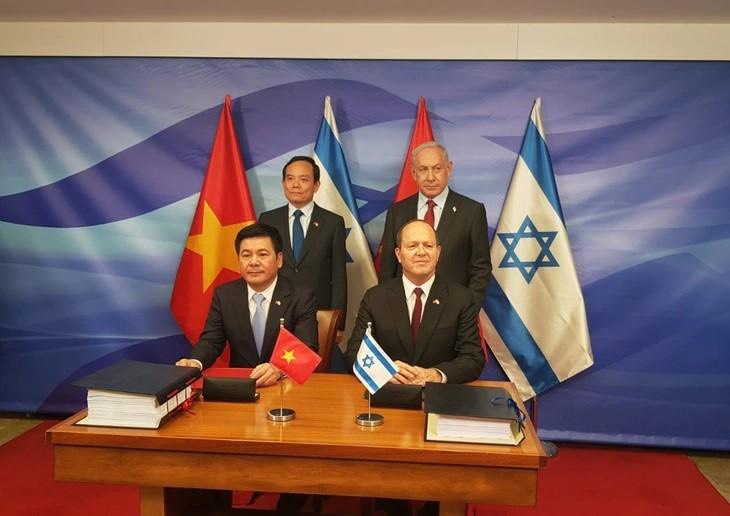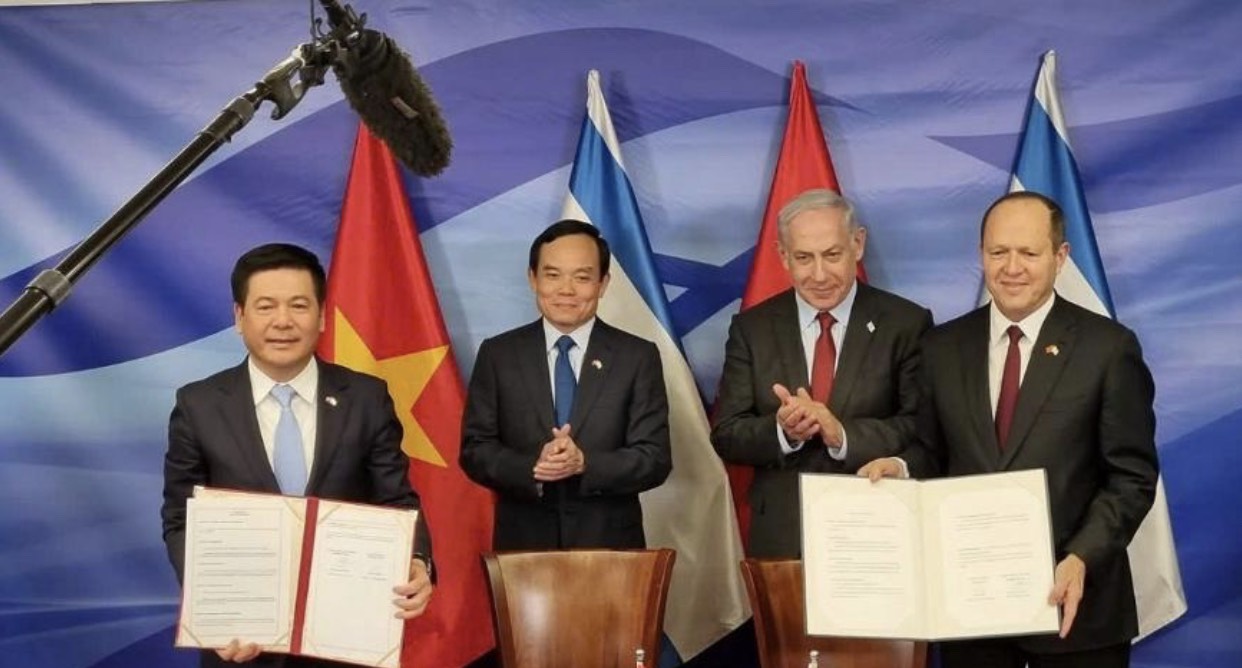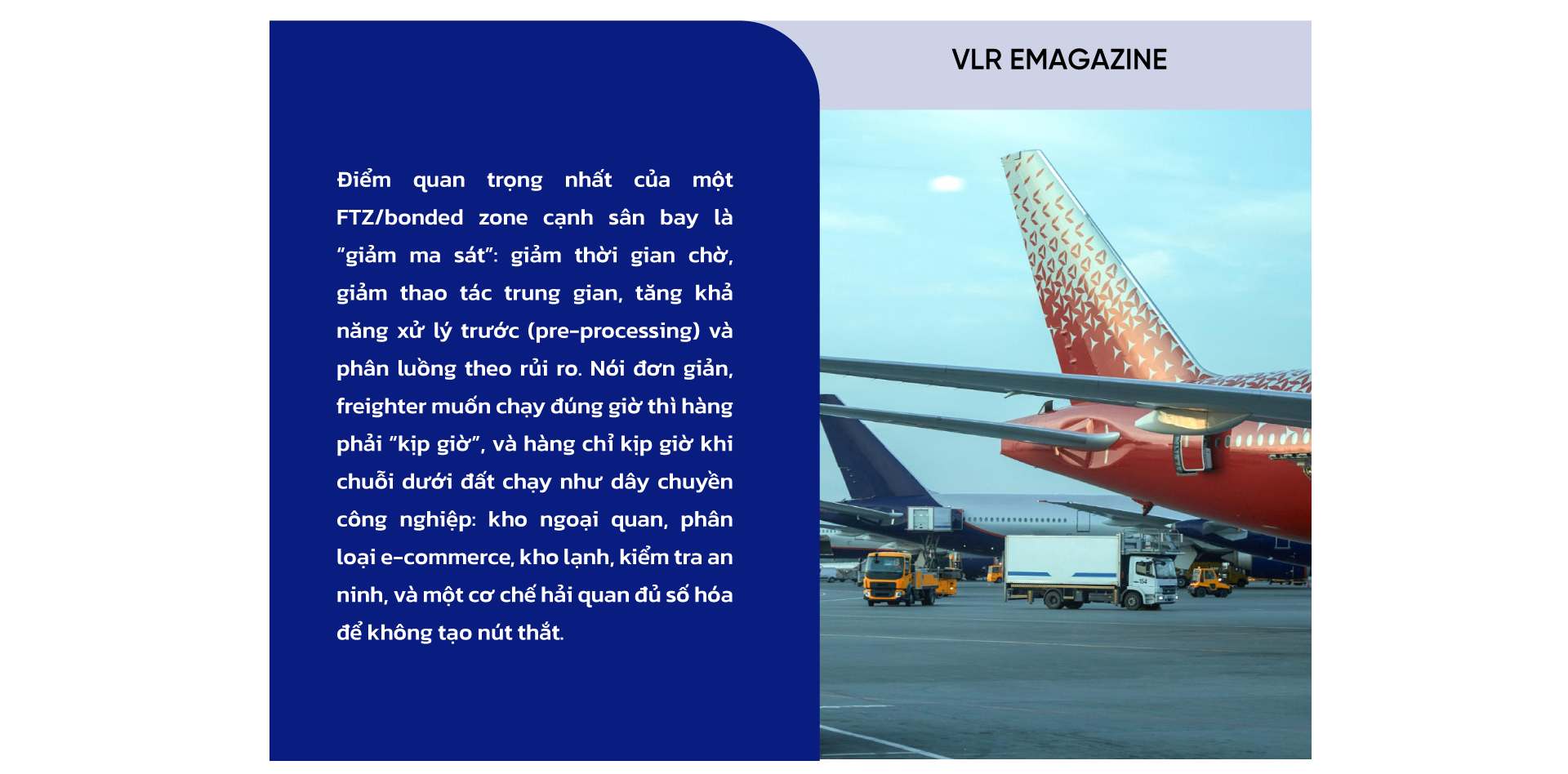The Vietnam - Israel FTA (VIFTA) was officially signed on July 25, 2023, opening up great opportunities for Vietnamese goods to be exported to the Israeli market.
The Vietnam-Israel Free Trade Agreement (VIFTA) was signed by Vietnam's Minister of Industry and Trade Nguyen Hong Dien and Israel's Minister of Economy and Industry Nir Barkat at the Office of the Prime Minister of Israel in the presence of Mr. Prime Minister of the State of Israel Benjamin Netanyahu and Deputy Prime Minister of the Socialist Republic of Vietnam Tran Luu Quang. Dr. Le Quoc Phuong - Former Deputy Director of the Center for Industry and Trade - Ministry of Industry and Trade emphasized that the signing of VIFTA took place only 3 months after announcing the end of negotiations, this is with the efforts of the Ministry of Industry and Trade

Sharing about this FTA, Dr. Le Quoc Phuong said, our country's consistent policy from past to present is strong integration into the world economy; expand trade and investment relations with all countries.
“The Vietnam-Israel FTA is one of the latest FTAs that we have just signed. It clearly shows our policy of comprehensive and deep integration into the world economy and expanding relations with all economies. At the same time, diversify the import and export markets for our goods. This is a great effort of the Ministry of Industry and Trade in particular and other ministries in general," emphasized Dr. Le Quoc Phuong.

Opportunities for Vietnamese goods:
The signing of the FTA with Israel shows the great efforts of the Government and the Ministry of Industry and Trade in paving the way and opening up opportunities from FTAs.
In order to make good use of this FTA, Dr. Le Quoc Phuong said that businesses must thoroughly understand the market. At the same time, the enterprise's products must meet the standards and technical requirements of the markets. Currently, many FTAs require standards on environment, labor, use of human resources... but all of that, Vietnamese enterprises are still very weak.
In addition, businesses must learn carefully to understand the contents of the FTAs. At the same time, make good use of state support to innovate technology, improve product quality, lower costs...
Enterprises also need to make efforts to improve the localization rate. At the same time, learn to take advantage of the incentives on certificates of origin to make the most of the FTA. Only then can we take advantage of the incentives of the FTA.










